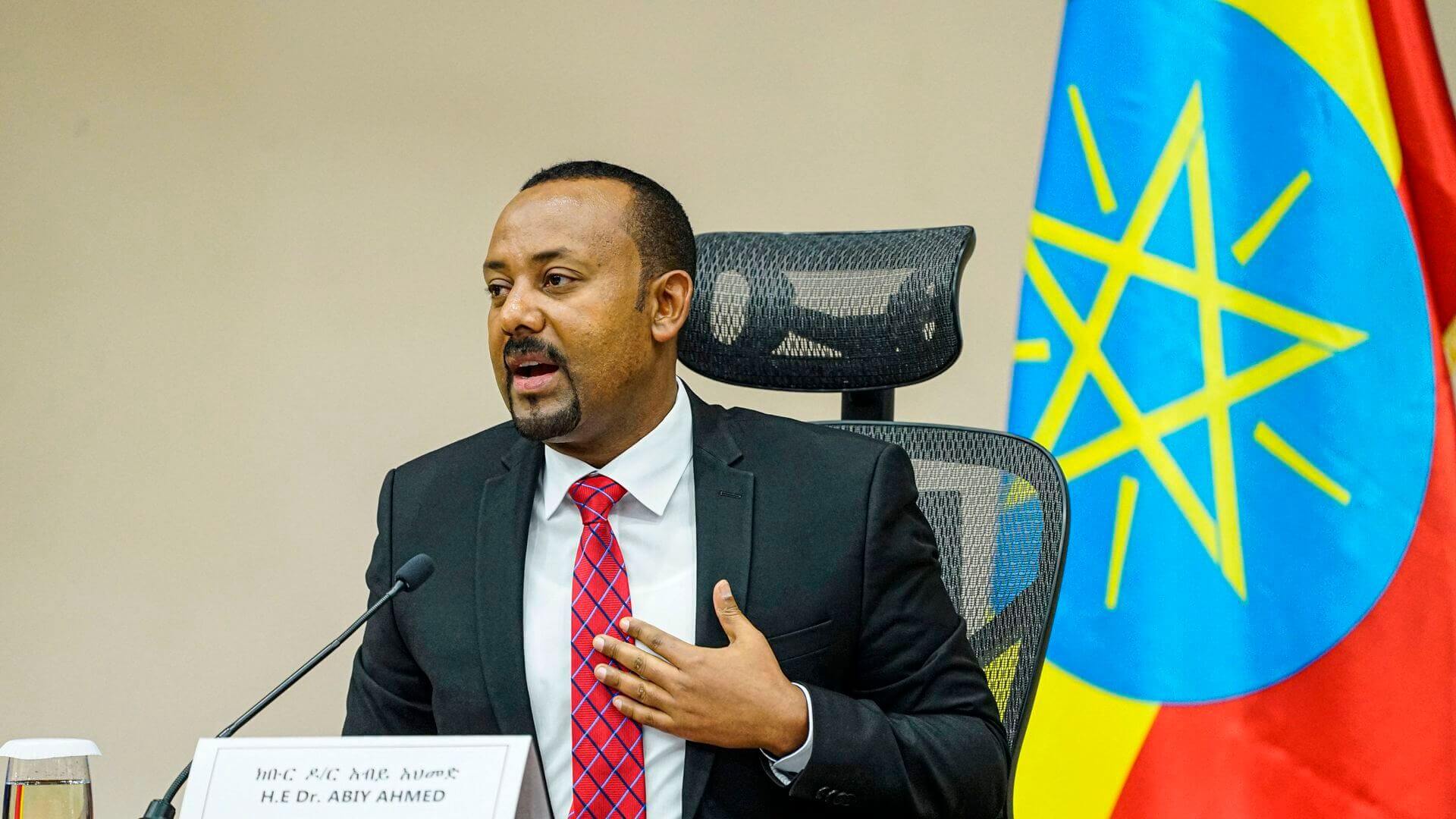The war in Ethiopia’s crisis-torn Tigray region rages on despite mounting international pressure from Western actors and criticism from rights groups.
On Saturday, United States (US) Secretary of State Antony Blinken released a statement saying that Washington is “gravely concerned by reported atrocities and the overall deteriorating situation” in the region. He said the Biden administration “strongly condemn[s] serious human rights violations and abuses” and remains “deeply concerned by the worsening humanitarian crisis”. To this end, the US has spoken with the Ethiopian government and urged Prime Minister (PM) Abiy Ahmed to “end the violence, ensure unhindered humanitarian access to Tigray, and allow a full, independent, international investigation into all reports of human rights violations, abuses, and atrocities”.
Blinken went on to call for the “immediate withdrawal of Eritrean forces and Amhara regional forces”, and said that this must be complemented by “unilateral declarations of cessation of hostilities by all parties”. Lastly, he said that the US will work with partners in the African Union (AU), United Nations (UN), and “other relevant bodies” to assist in any way possible.
At the same time, the US Agency for International Development (USAID) announced on Monday that it is deploying a Disaster Assistance Response Team (DART) in order to work towards ensuring that humanitarian aid can reach all areas of the country. According to USAID, at present, 80% of Tigray “remains cut off from assistance”. The US will also continue to provide financial assistance to the country, after committing more than $652 million to Ethiopia in 2020.
This point has also been reiterated by European Union (EU) foreign policy chief Josep Borrell and EU Commissioner for Crisis Management Janez Lenarčič, who released a joint statement saying: “The report concludes that indiscriminate shelling and mass execution may amount to war crimes and crimes against humanity. This is another harrowing reminder of the violence that civilians in Tigray have been suffering since the onset of the conflict.” They added, “We recall the obligation under International Humanitarian Law for all parties to ensure the protection of all civilians, including refugees and those internally displaced.”
The Ethiopian government released a statement criticizing the US’ attempts to interfere in the country’s “internal affairs”, and said, “It should be clear that such matters are the sole responsibility of the Ethiopian government, which as a sovereign nation, is responsible to deploy the necessary security structures and means available in ensuring the rule of law within all corners of its borders.”
Both Ethiopia and Eritrea have repeatedly refuted claims of the presence of Eritrean forces in Tigray, but Tigray’s interim government says that there is “undeniable” evidence of their involvement in the conflict.
Furthermore, Amnesty International released a report on Friday that claims that Eritrean soldiers “systematically killed hundreds of unarmed civilians in the northern city of Axum on 28-29 November 2020”. Using satellite imagery and the accounts of survivors of survivors and witnesses, the rights group concluded: “The evidence is compelling and points to a chilling conclusion. Ethiopian and Eritrean troops carried out multiple war crimes in their offensive to take control of Axum. Above and beyond that, Eritrean troops went on a rampage and systematically killed hundreds of civilians in cold blood, which appears to constitute crimes against humanity.”
The Ethiopian Ministry of Foreign Affairs has denounced the report as “incomplete and inaccurate”. Ethiopia’s ambassador to Qatar, Samia Zekaria Gutu, described the report as “cooked”, and said, “This kind of ‘report’ based on unreliable sources is known to have the risk of further reinforcing the misinformation and propaganda by [the] TPLF criminal clique.” Meanwhile, Eritrean Information Minister Yemane Meskel said that Amnesty’s report made “preposterous accusations”. However, even the chief of the government-led Ethiopian Human Rights Commission, Daniel Bekele, has acknowledged that the Amnesty report must be “taken very seriously”.
The current conflict first erupted on November 4, when Abiy launched a military offensive against the Tigray People’s Liberation Front (TPLF) for allegedly attacking two military camps in the north and for more generally seeking to undermine democratic rule in the country. The TPLF, for its part, claims that it is merely fighting back against PM Ahmed’s moves towards constructing a unitary system of government to replace the current federal system.
Even conservative estimates say that thousands have died and over one million people have been displaced as a result of the months-long conflict. Ultimately, the conflict has not only impacted Ethiopia, but also neighbouring countries. Over 60,000 Ethiopians have already crossed into Sudan, and this number is only expected to rise.
Over the course of the conflict, multiple human rights abuses have been committed by Tigrayan soldiers against ethnic Amharas and Wolkait. Government forces and regional Amhara forces, too, have inflicted multiple civilian deaths.
So far, international pressure does not appear to have had the desired effect and perpetrators of human rights abuses of all sides of the conflict have largely escaped accountability for their actions.
Ethiopia and Eritrea Hit Back at Western Criticism of Human Rights Abuses in Tigray
Over the past few days, Western actors have called for a cessation to hostilities in Ethiopia’s Tigray region and reacted with alarm to reports of human rights abuses committed by Eritrean troops.
March 3, 2021

IMAGE SOURCE: AMANUEL SILESHI / AFP / GETTY IMAGESEthiopian Prime Minister Abiy Ahmed
